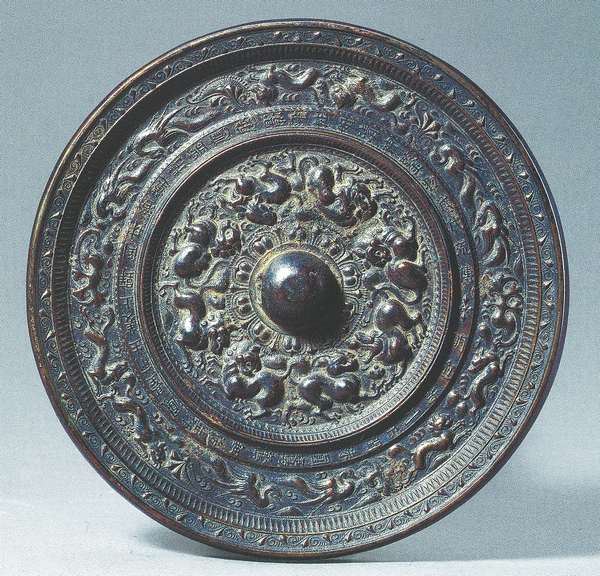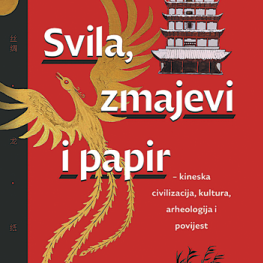Croat authors 'open a door' to Chinese history


Durdevic came to Beijing in 2017 to study for his PhD in archaeology at the Capital Normal University, under the mentorship of Professor Ning Qiang. He chose China because he was researching the Roman Empire and wanted to discover if there were any connections between Rome and China. The similarity in size and population between the Roman Empire and its contemporary Han Dynasty (206 BC-AD 220) motivated him to research on the Roman-Han connection. It was a Chinese government scholarship that brought him and Stopic to Beijing.
"Since Croatia lacked adequate academic content on China, it was natural for me to seek a way to learn more about China in the country itself," Stopic says. "In 2013, under a Chinese government scholarship, I enrolled for my PhD at Capital Normal University's School of History. Although I was mostly interested in 20th century history, upon arrival, I soon began 'discovering' China.
"I soon realized that understanding China's modern society, history and politics would be quite difficult without digging deeper into the past."
His thesis, which he submitted in 2018, and was mentored by Professor Liang Zhanjun, was on the very turbulent Cold War period of Yugoslavia-China relations (1948-71), "due to be published as a book in Croatia in a few months".
Through his work at the Center for Study of Civilizations in Beijing, he is also working on bringing knowledge about Croatia and the rest of the Balkan region to China. Back in his country, he also helped establish the "CroAsia Institute" (at the Zagreb School of Economics and Management), which is also working on bringing the two countries closer.
Durdevic remains hopeful of future China-Croatia ties. "In the coming years, more and more Chinese students are likely to visit Southeastern Europe, and more students from Southeastern Europe could visit China to study history, culture and economics. When this happens, the younger generation will make better connections and bring the countries closer," he says.
Contact the writer at tareq@chinadaily.com.cn




































